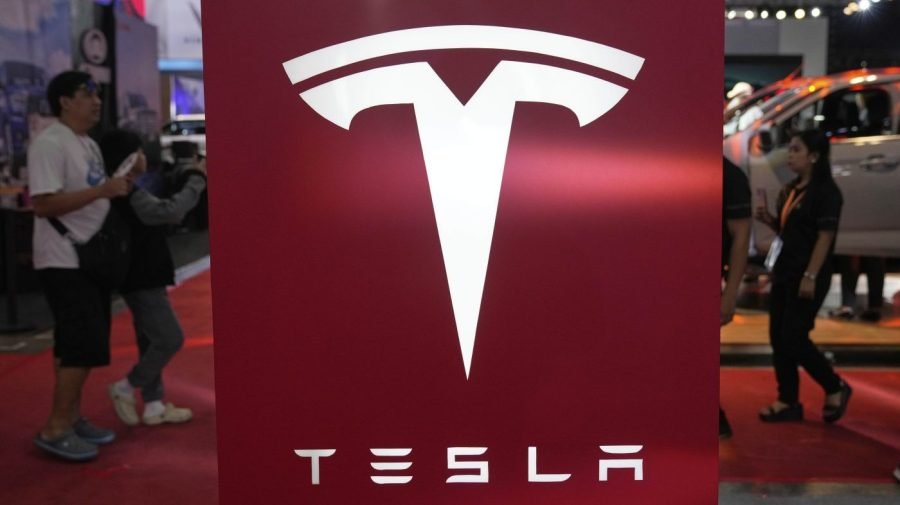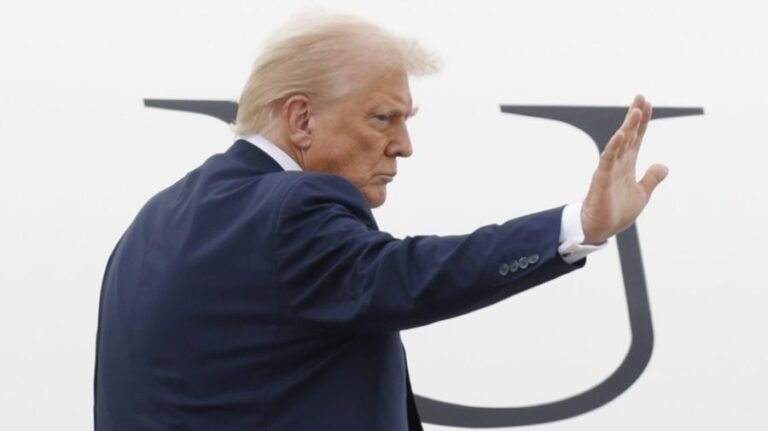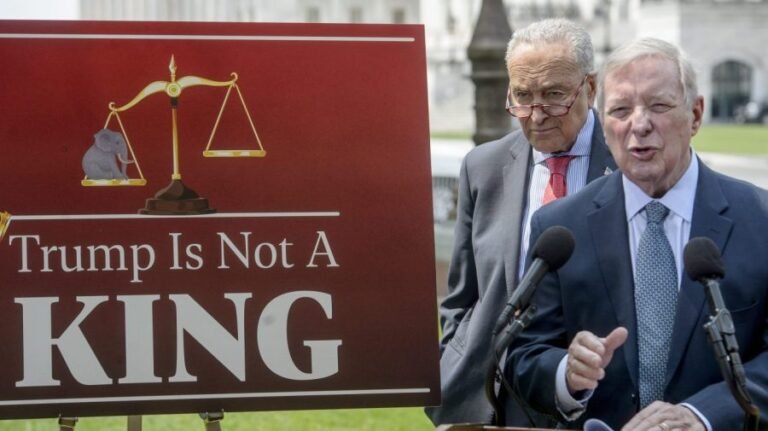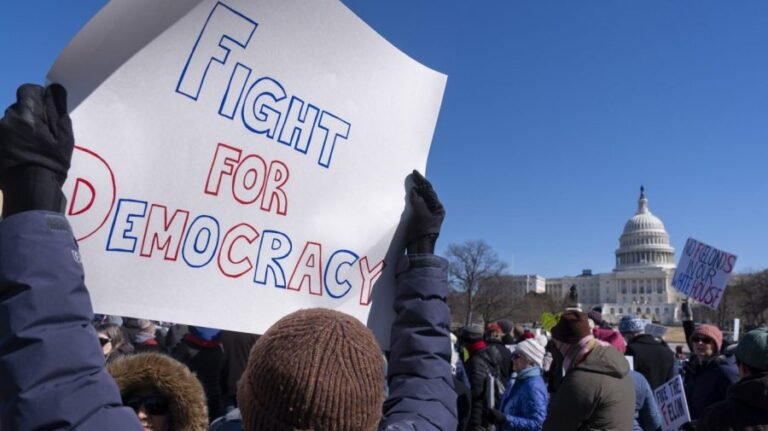
A federal jury Friday found Elon Musk’s Tesla partially liable for a fatal 2019 crash involving the electric vehicle (EV) maker’s autopilot system.
The Miami jury determined Tesla was 33 percent responsible for the crash and ordered the company to pay several million dollars in damages.
The family of Naibel Benavides sued the EV maker over the crash that resulted in the 22-year-old’s death, alleging the company’s autopilot system had “defective and unsafe characteristics” that it failed to warn consumers about.
“Tesla’s lies turned our roads into test tracks for their fundamentally flawed technology, putting everyday Americans like Naibel Benavides and Dillon Angulo in harm’s way,” Brett Schreiber, lead attorney for the plaintiffs, said in a statement.
“Today’s verdict represents justice for Naibel’s tragic death and Dillon’s lifelong injuries, holding Tesla and Musk accountable for propping up the company’s trillion-dollar valuation with self-driving hype at the expense of human lives,” he continued.
In the 2019 crash, the driver of the car, George McGee, had activated Tesla’s autopilot function and taken his eyes off the road to look at his phone when the system failed to register an upcoming intersection.
The car drove through the intersection and struck a parked car, killing Benavides and injuring her boyfriend, Dillon Angulo.
The jury awarded $59 million in compensatory damages to Benavides’s family and $70 million to Angulo, while hitting Tesla with $200 million in punitive damages.
Tesla said in a statement that it plans to appeal the decision “given the substantial errors of law and irregularities at trial.”
“Today’s verdict is wrong and only works to set back automotive safety and jeopardize Tesla’s and the entire industry’s efforts to develop and implement life-saving technology,” the EV maker said.
“Even though this jury found that the driver was overwhelmingly responsible for this tragic accident in 2019, the evidence has always shown that this driver was solely at fault because he was speeding, with his foot on the accelerator – which overrode Autopilot – as he rummaged for his dropped phone without his eyes on the road,” it added. “To be clear, no car in 2019, and none today, would have prevented this crash.”


